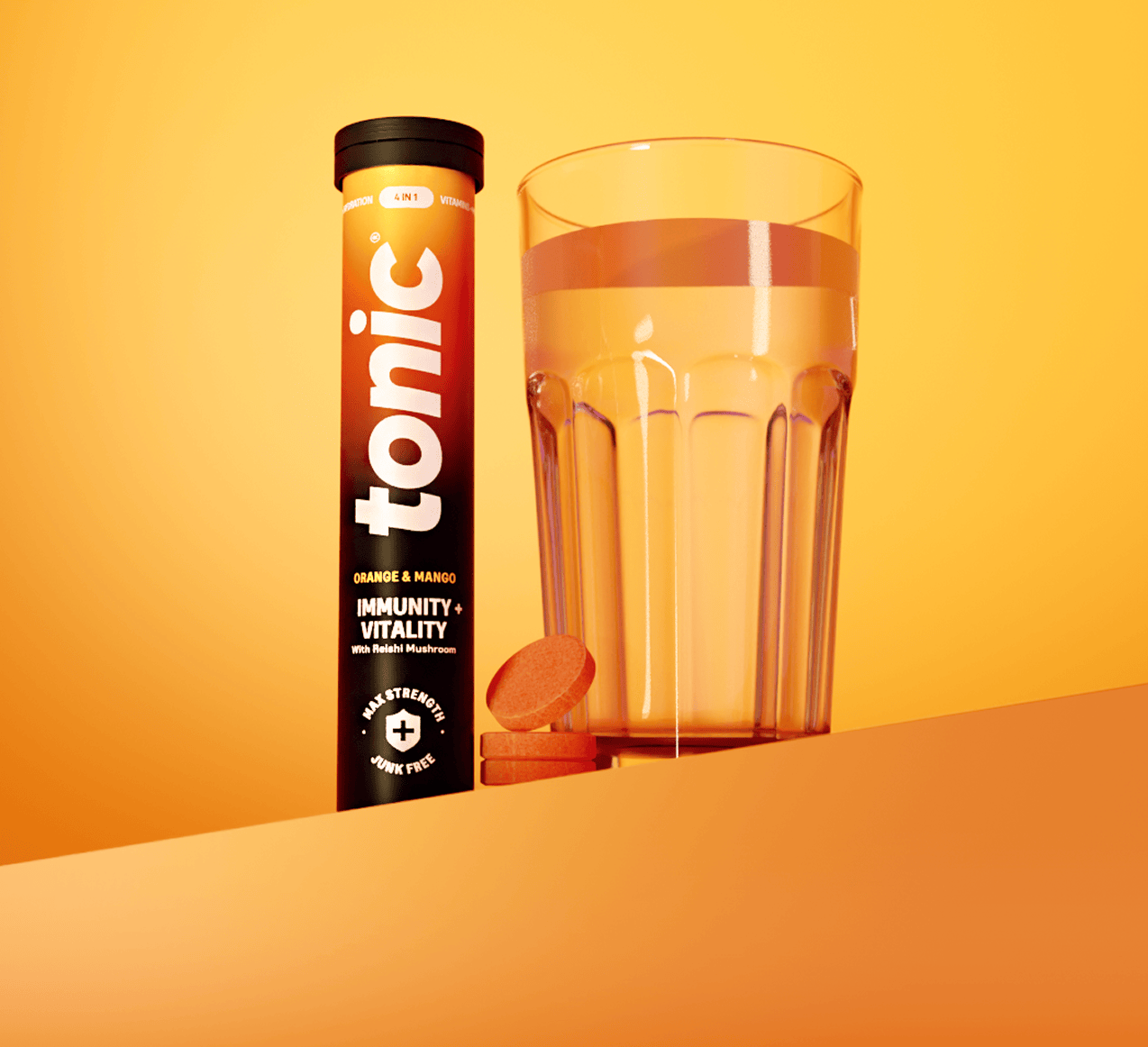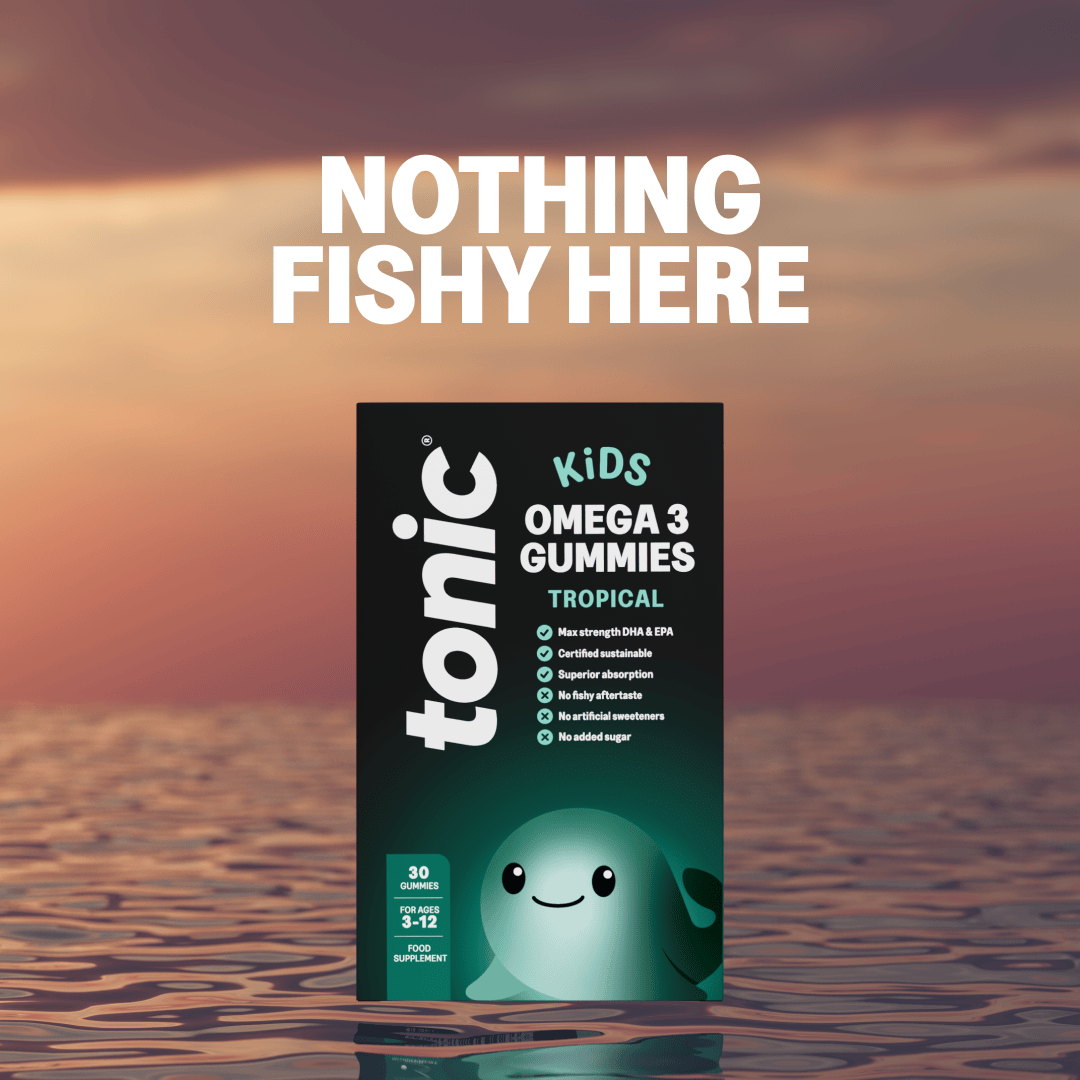Although their function in the body is often underappreciated, the work that zinc and the thymus gland do together is vital for protecting health. So, let’s start appreciating them a little more. What actually are they, and do they do for us?
Introducing zinc
It may be a mere trace element, but zinc is also a nutrient that everyone needs in order to stay healthy. It is present throughout the body’s cells, and yet the body doesn’t actually produce any of its own natural zinc. This makes it crucial for you to get enough zinc through your diet or supplements.
As for what exactly zinc is needed for in the body, that’s a long list! It includes everything from growth and development to wound healing and immune health.
Introducing the thymus gland
“What is the thymus gland,” you ask? You wouldn’t be the first. But its obscurity belies its important role in the body.
The thymus gland is situated in the front part of your chest, behind the breastbone and between the lungs. What is especially distinctive about the thymus gland is that it is largest and most active in the years leading up to puberty, when it then gradually shrinks over time. At its peak, it weighs about an ounce.
During its short active life, the thymus gland produces T lymphocytes, also sometimes referred to as T cells. These are a particular type of white blood cell that is instrumental in the body’s fight against infections and viruses. The gland also produces and secretes a hormone known as thymosin, which it needs in order to create T cells.
So, how do zinc and the thymus gland work together?
The short answer is that zinc contributes to the normal function of your immune system by – among other things – regulating how the thymus gland produces T cells.
Moreover, researchers have uncovered fascinating signs of the close relationship between zinc and the thymus gland. As previously noted, the thymus gland begins to shrink from puberty, but you might not have known that our blood serum levels of zinc also begin to fall in our advanced years.
There is evidence, however, that taking zinc could help to restore older individuals’ thymus glands to much of their previous size, with T cells and thymulin output – the latter the hormone that stimulates the production of T cells – also going up.
Going back to the 1970s, a study of how zinc affected the thymus of recently malnourished children showed that giving zinc supplements brought “an increase in thymic size as judged radiographically”, with the researchers suggesting that “zinc deficiency may play a part in the thymic atrophy and infections associated with malnutrition.”
Meanwhile, much more recent research – in 2009 – found that in mice, “zinc supplementation can reverse some age-related thymic defects and may be of considerable benefit in improving immune function and overall health in elderly populations.”
The evidence, then, points to zinc and your thymus gland being a great team when it comes to keeping you healthy – even if you might have assumed your thymus gland to be ‘past its best’. So be sure to look out for good sources of zinc in your diet, such as oysters, beef, pumpkin seeds, almonds or kidney beans. In times of need, also consider a supplement or vitamin drink to help contribute to the normal function of your immune system.
Additional sources:
https://www.sciencedaily.com/releases/2013/02/130207131344.htm
https://www.imm.ox.ac.uk/about/news/zinc-in-immune-function
https://www.sciencedirect.com/science/article/pii/019205619500059B
https://www.fightaging.org/archives/2018/02/models-suggest-that-declining-t-cell-production-is-the-primary-reason-for-age-related-increases-in-cancer-risk/
https://www.sciencedirect.com/science/article/pii/S0271531784800408






2 comments
R Thomas
How much zinc a day is beneficial?
Geoff Torrens
What’s the best form of zinc supplement to help my thymus/ immune system and what’s the maximum dosage?
Leave a comment
All comments are moderated before being published.
This site is protected by hCaptcha and the hCaptcha Privacy Policy and Terms of Service apply.